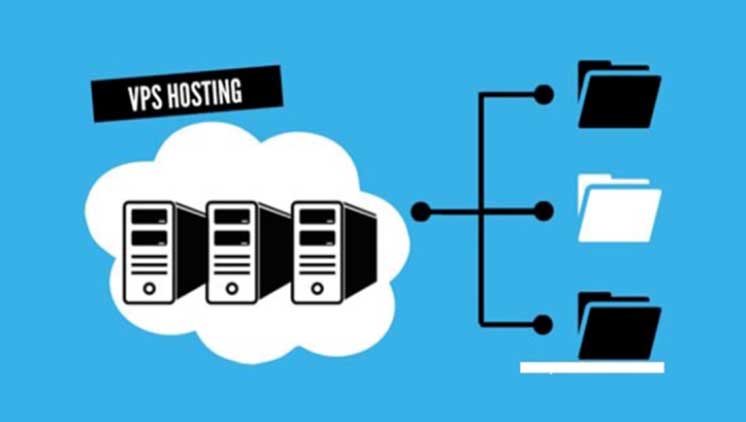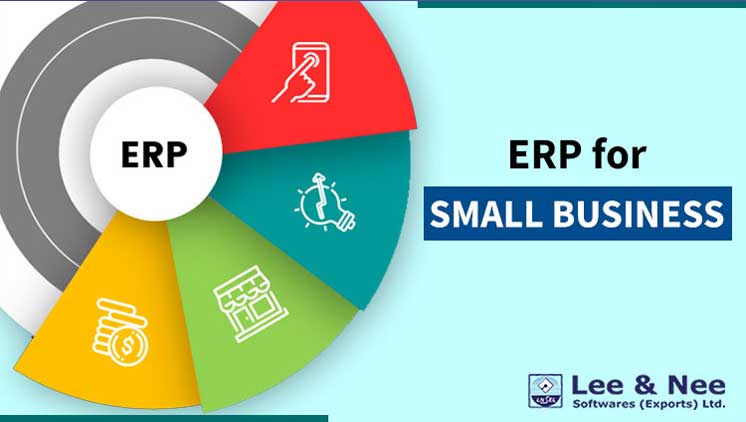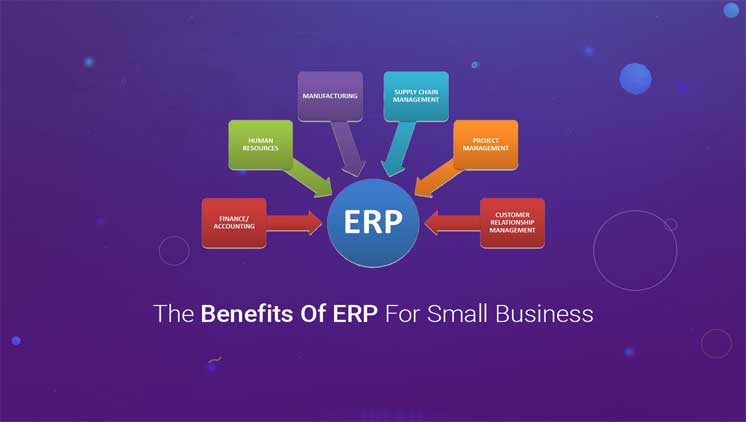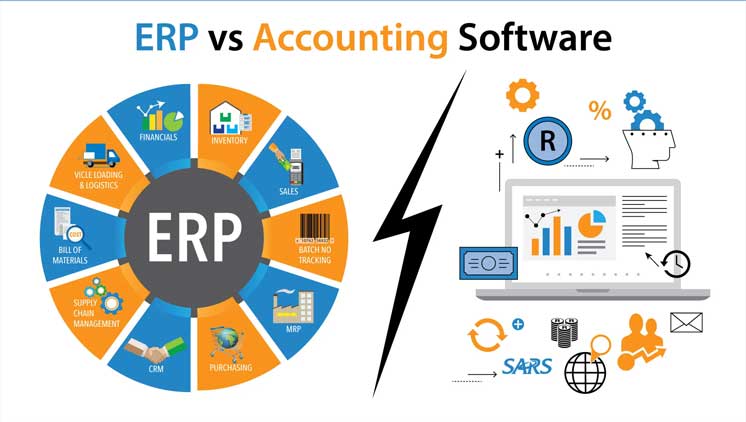The Best VPS Hosting Providers 2024 – A VPS (Virtual Private Server) is a hosting service that employs virtualization technology to give you dedicated (private) resources on a shared server.
VPS is a dependable option and more safe than shared hosting, which does not provide you with your own server space.
It is, nevertheless, more manageable than hiring a whole server.
Owners’ Website that have medium-level traffic that surpasses the boundaries of shared hosting plans but does not require the resources of a dedicated server typically choose VPS hosting.
Virtual private server solutions frequently include many hosting plans.

For example, at Hostinger, we provide six VPS options to fit various company needs and allow you to smoothly grow your site when more resources are required.
VPS Hosting Pro and Con
Before I give you the recommendation of The Best VPS Hosting Providers 2024, first you have to know about the pro(s) and con(s).
VPS Hosting Pro(s)
There are three VPS Hosting Pro(s), namely:
- Outstanding value for money
- More controllable options
- Plans that scale as your website grows
VPS Hosting Con(s)
There are also three VPS Hosting Con(s) you need to know, such as:
- Costs a little expensive than shared hosting.
- Basic technical knowledge is required.
- You should have a rough sense of how much storage and bandwidth you require.
Is VPS better than VPN?
Many people wonder, is VPS better than VPN ? Well, let’s check it out!
According to inmotionhosting.com VPS is a computer and VPN is a service.
It can be challenging to know what you require as a business owner. You know you’ll need a website and hosting, but what comes next can be perplexing. Consider the importance of what both services convey: privacy.
What exactly is VPN and how does it work?
While some websites provide encrypted connections, Internet communication is inherently insecure and can be monitored.
VPN or A virtual private network is a network of dedicated servers that provide a VPN service in order to build a private “tunnel” for browsing the Internet.
The user’s location, IP address, and online activities can all be hidden with a VPN. This routing effectively “obfuscates” Internet traffic.
Furthermore, data is normally encrypted, so if it is stolen, the perpetrator will be unable to read it.
How does it work?
- You launch the VPN software using your VPN service as an internet user
- Before even connecting to the VPN server, the software encrypts your data
- Traffic is transferred to the VPN server and then to your internet destination once it’s ready to go
- The information appears to come from the VPN server and its location, not from your machine and its location
- You’ll need to install some additional software, compatible with Windows, Mac, or Linux, offered by the VPN service or your IT coordinator, for the most user-friendly alternative
Why you have to use VPN? A VPN can help you achieve your aim of using the internet securely and anonymously, maintaining privacy, and avoiding Internet censorship piece by bit.
In addition, most VPN services include a simple, cross-platform interface that allows you to route your traffic through numerous servers across the world.
Many users are familiar with their browser’s “incognito” mode, which allows them to surf the web without saving any distant information or searches.
However, as the browser software points out, this does not imply that your activities are hidden from your employer or ISP, nor does it provide any security against data interception.
Some users may not want a log of their Internet activities exposed to third parties for various reasons.
What exactly is VPS and how does it work?
A virtual private server (VPS) is a computer that functions similarly to one you could have at home.
Like your computer, you can install and run many sorts of software.
A virtual private server (VPS) is primarily used to host websites and provide a secure hosting environment for apps and other services.
A VPS can be configured in any way you choose, allowing you to do whatever you want with it.
There are numerous advantages to using a VPS, but one of the most important is flexibility.
How does it work ?
One real piece of hardware is divided into several virtual servers, or “nodes,” using virtualization technology.
There isn’t much of a distinction between a virtual machine and actual server hardware in terms of functionality.
Layers are developed to ensure that each compartment functions as a stand-alone server with its own operating system that is separate from the others.
Other users do not have access to your data, and you do not have access to theirs, despite the fact that the physical server is shared.
A VPS also usually allows the user to install their own software and applications. Similarly, security preferences can be implemented more easily: opening/closing a port, or many ports, for example, is no trouble.
You may even organize tournaments.
Why you have to use VPS ? If your company is expanding or you require specialized software or apps, a virtual private server (VPS) may be the answer.
A virtual private server (VPS) is a type of shared hosting that enables a high level of customisation without the expensive cost of a dedicated server.
In fact, a smart developer can do anything they can on a dedicated server on a VPS — without having to worry about the hardware, maintenance, or support.
VPN vs VPS: Similar Names, Different Functions
A VPN serves a single purpose: to keep your data private and secure when browsing the internet.
A virtual private server (VPS) is a service given by a hosting firm for the purpose of hosting a website or application. While VPS can be used to connect to the internet in the end, VPS does not keep your information secure by default.
There is no such thing as a “correct” answer. It’s simply a matter of choosing the proper tool for the job when it comes to VPN vs. VPS. Consider your business needs and what’s most critical right now; if your needs don’t tilt substantially in either direction, you might need both.
The Best VPS Hosting Providers 2024
Here are top three of The Best VPS Hosting Providers 2024, namely:
1. IONOS by 1&1
The benefit of this VPS Hosting Providers are:
- Free domain and SSL Certificate
- 99% uptime
- Scalable performance management
2. DreamHost
The benefit of DreamHost VPS Hosting are:
- Free domain name
- 100% uptime guarantee
- 24/7 support
3. HOSTINGER
The benefit of HOSTINGER VPS Hosting are:
- Free template and builder
- High-speed performance
- 30 days money back guarantee
Conclusion
So, you already know the difference between VPN and VPS from its definition to its functions.
I’ve also recommended top three The Best VPS Hosting Providers 2024, are you interested to use one of it?





